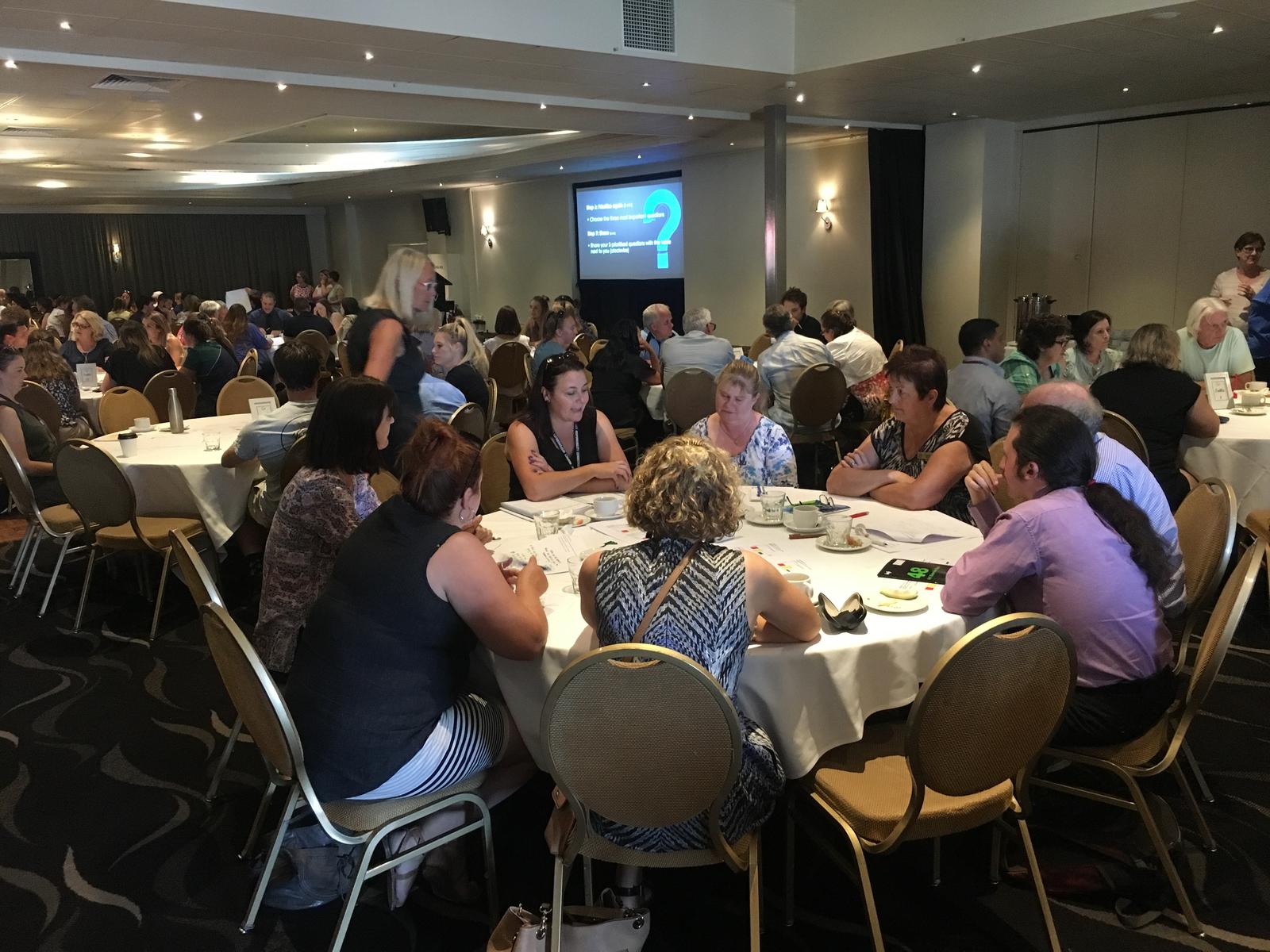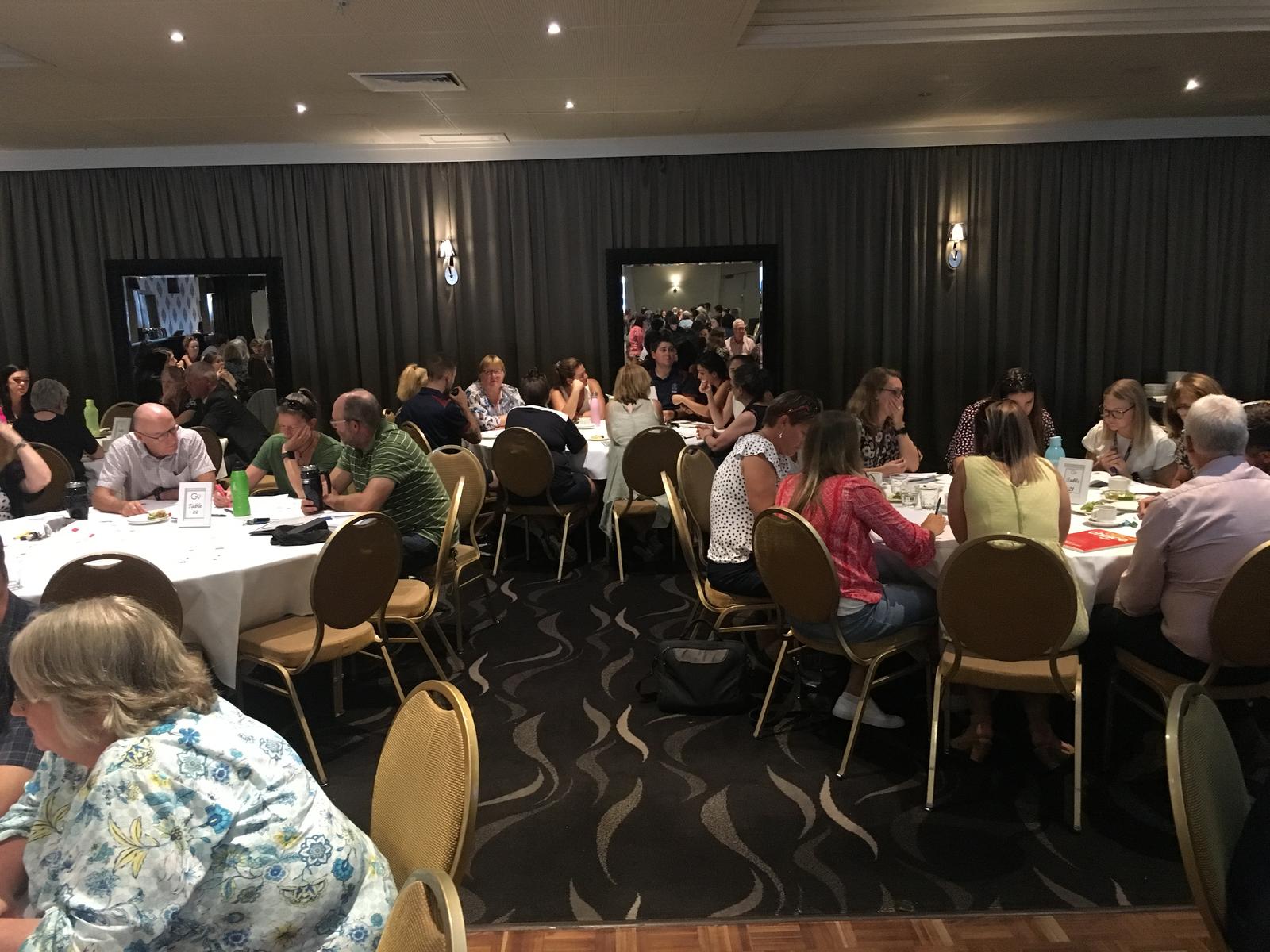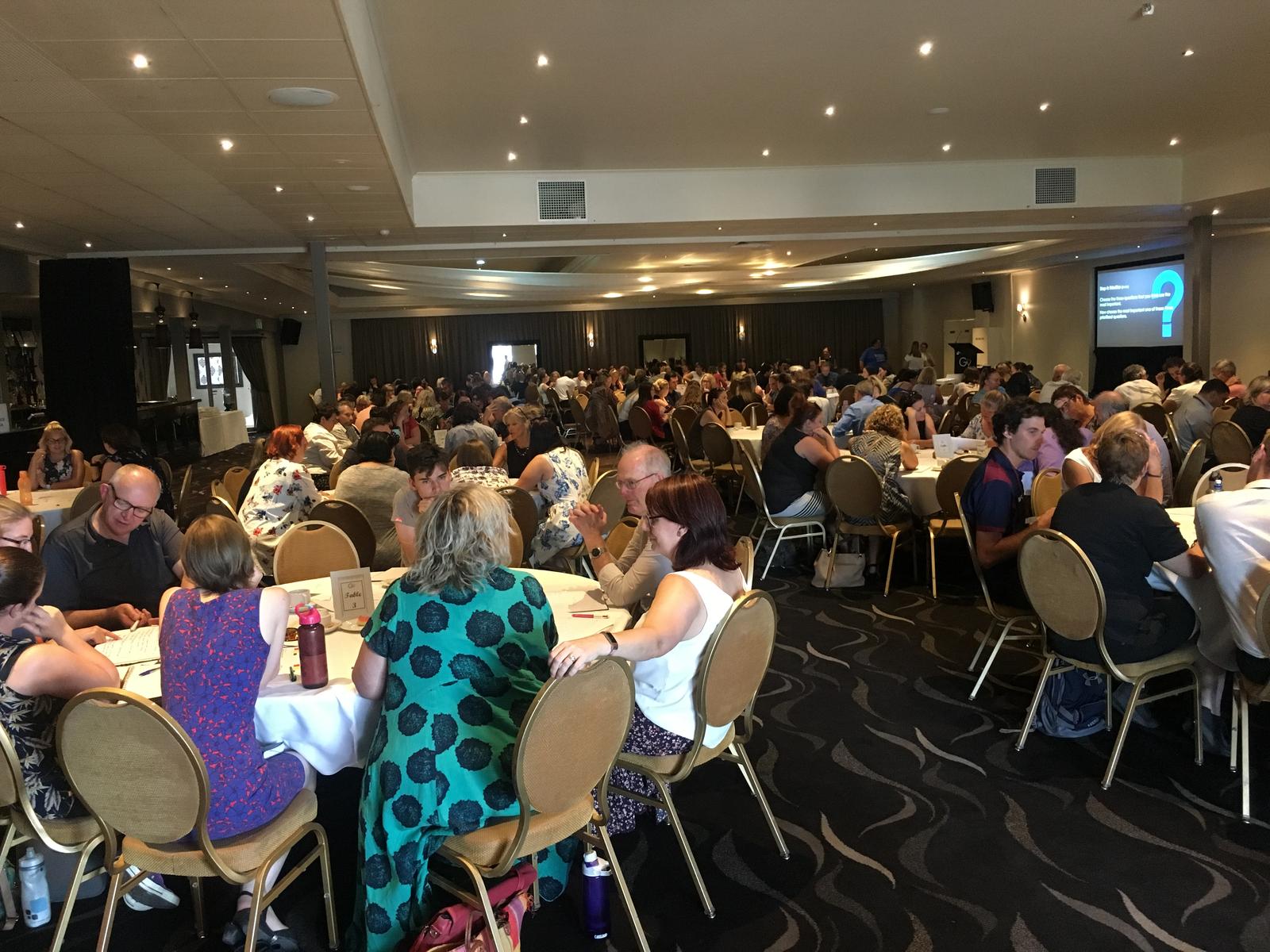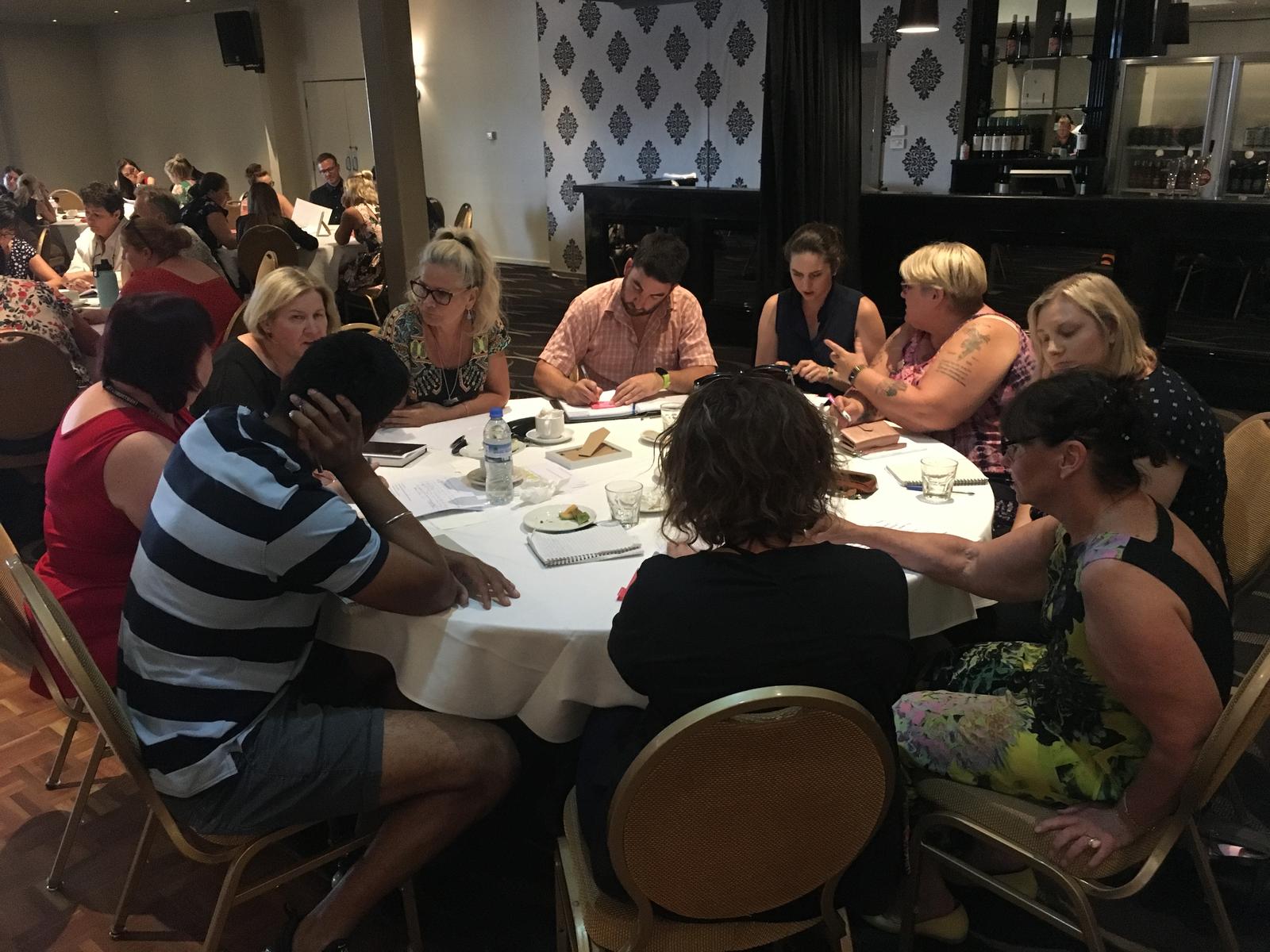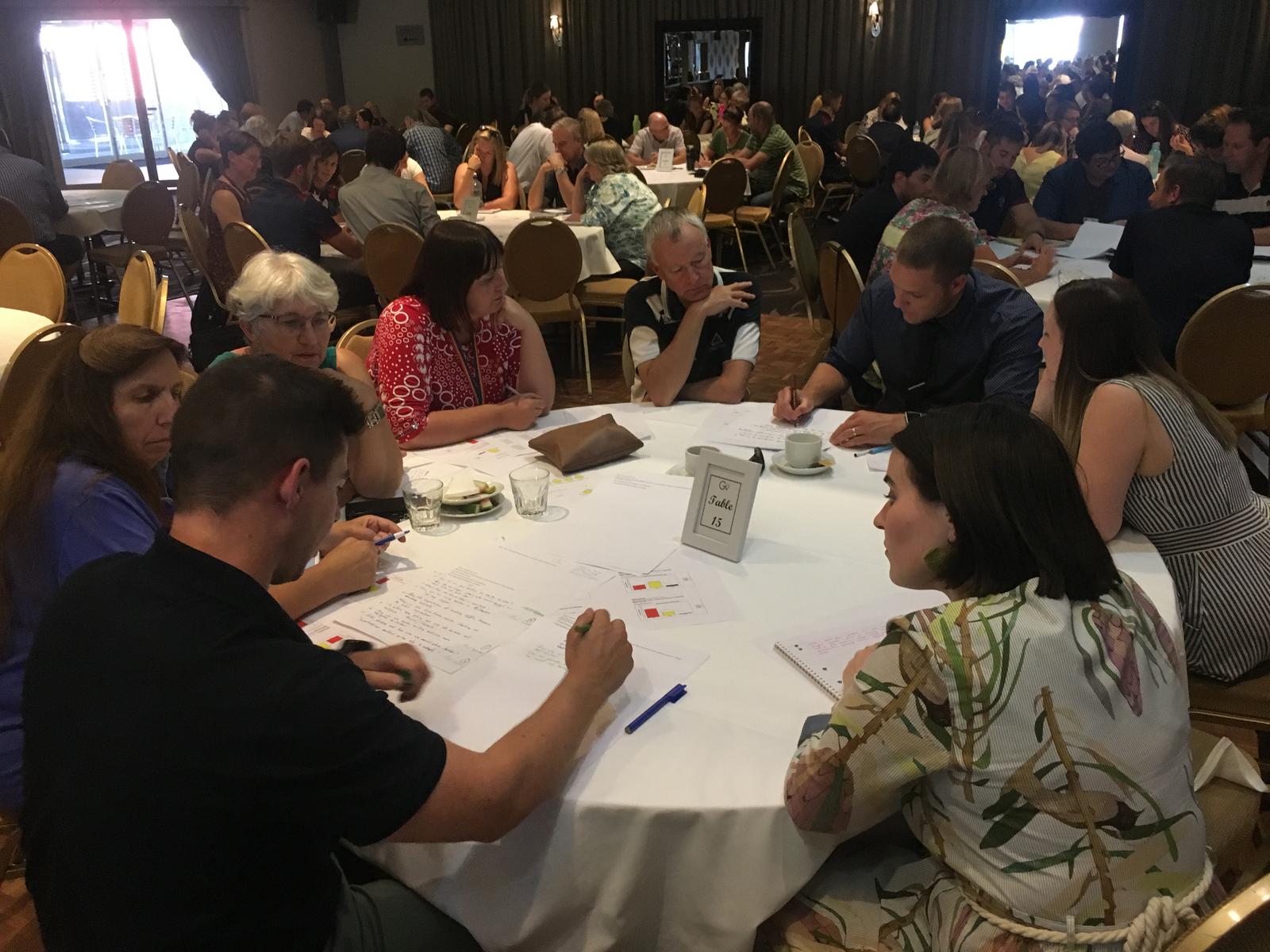Principal Report

Dear Parents and Friends,
It’s been a big week of Professional Learning for our staff this week. On Wednesday five members of our team joined twenty teachers and leaders from across greater Shepparton to begin working with the Science of Learning Team at Melbourne University. The work will involve us engaging students from across all schools to be part of a team which advises and influences the teaching and learning plans for our new school. We look forward to sharing more with you as we progress.
On Wednesday afternoon our team joined teachers and support staff from all Secondary Colleges for a session to support the teaching of Writing. The Literacy leaders from the four schools facilitated a great afternoon of learning and sharing – we embrace these opportunities to work across schools and build our knowledge and understanding of best practice teaching and learning which will best support the students in our care.
At McGuire College we are proud of the work we are doing to support students planning and preparation for their next steps. Our Careers Practitioner, Lynda Bruce, works closely with staff and students across the College supporting this important work. You too can also support your student to plan and prepare for their future pathways.
The McGuire career education program helps support your child make career decisions. But it's also a good idea to talk to them about what they want to do. Research shows that children look to their parents first when they want career advice.
We want students to understand that a career includes all the roles we undertake throughout our life, including:
- Education
- Training
- paid and unpaid work
- Family
- Volunteer work
- Leisure activities and more.
The concept of a job for life is no longer a reality. Young people now are likely to experience five to eight major career changes in their life. They will have more fluid ways of working, like casual, contract and part-time work options.
Making the best career choices involves:
- Knowing what you like (your interests)
- Knowing what you are good at (your skills and abilities)
- Knowing what is important to you (your values)
- Understanding the world of work and knowing about your available options and what jobs are out there
- Learning how to make informed decisions about your possible options
- Deciding and setting about achieving your objectives
Tips for talking about careers with your child.
Here's some general tips when talking about careers with your child:
- Focus on skills and behaviour your child will need, rather than specific jobs
- Talk about goals and what your child finds fulfilling
- Be open minded and encouraging
- Talk about what your child has put in their career action plan from school
- Be patient as your child's choices may change.
- Remember it's your child's decision on what direction they want to go
Some children will have a clear goal when they're young, while others will take a long time to explore and decide.
You can also read the Victorian Careers Curriculum Framework. This is the career education program in government schools.
Helpful questions to ask your child:
In years 7, 8 and 9:
- What subjects they are good at?
- What subjects would they like to improve in? How can they work towards that?
- What sort of careers have they explored so far?
- Do they know who they can talk to about career advice at school?
- Are they thinking about getting a part-time or casual job?
- What kind of work experience is your child interested in?
- Where can you find reliable information about careers?
In Years 10 and 11:
- What subjects are they enjoying in year 10? Why? Are they interested in continuing these in year 11?
- Can they see themselves building a career in these subjects in the future? What kind of jobs are related to these subjects?
- What will the demand for these jobs be in the future? The myfuture website and Victorian Skills Gateway have information about demand
- Do they understand the difference between university and vocational education and training (VET)?
- What university and TAFE courses are they interested in at the end of year 12?
- Do they know if there are any p

